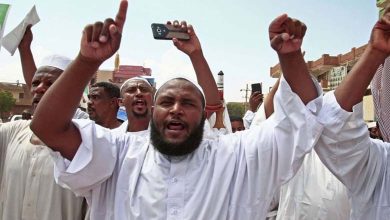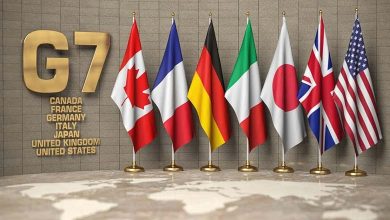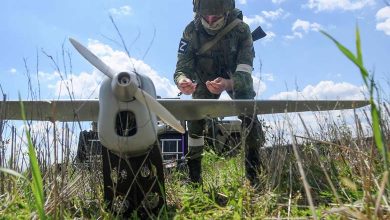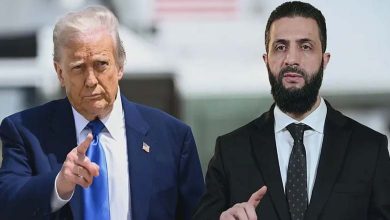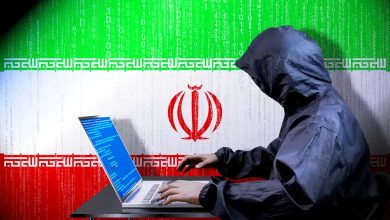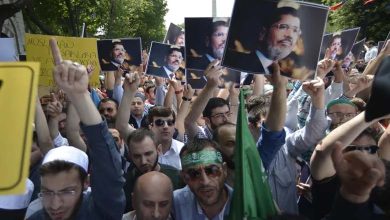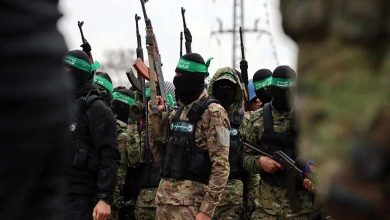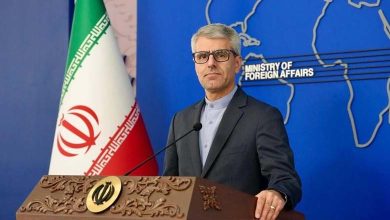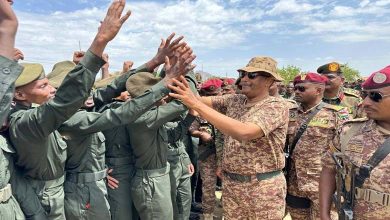Brotherhood continues military escalation in Yemen’s Shabwah
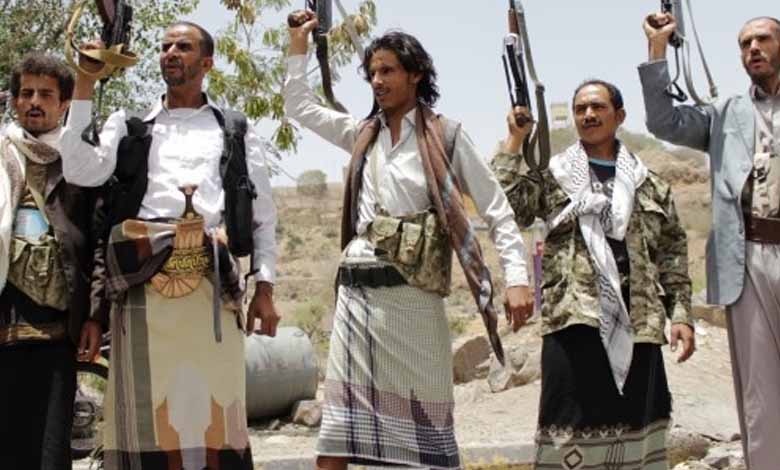
The Brotherhood terrorist militia continued its military escalation in Shabwah province despite presidential decrees changing the rebel military and security leadership.
Brotherhood militias have pushed new reinforcements from outside the southern province of Shabwah, but the forces of the giants, who are committed to the decisions of the Presidential Command Council, intervened to stop them, while their militias continued to escalate inside the city of Ataq.
Military and local said that Houthi militias shelled Shabwah General Hospital, residential houses, and public streets randomly in Ataq, the capital of the oil-rich province.
According to sources, at least one civilian was killed and others injured, as well as significant damage to public and private property, especially civilian homes and vehicles on public streets.
The sources indicated that the Brotherhood militias continued their rebellion against the decisions of the Presidential Command Council and pushed military reinforcements from the direction of Marib, but the forces of the giants firmly confronted them and prevented them from reaching the city of Ataq.
Media sources said Yemeni Defense Minister Lt. Gen. Muhsin al-Daari and Interior Minister Maj. Gen. Ebrahim Haidan arrived in Ataq to oversee the implementation of the Presidential Council’s decisions and to normalize the situation in the city after a day of clashes.
Shabwah Governor Awadh AL-Awlaki confirmed the commitment of the Second Brigade of the Shabwah Defense Force to implementing the decisions of the Presidential Command Council “as a safe way out to end the causes, manifestations and repercussions of the armed Muslim Brotherhood rebellion in the capital Ataq”.
On Tuesday, AL-Awlaki made an appeal to all Shabwah residents to stop the bloodshed, deny those who are waiting in Shabwah an opportunity to escape its security, stability and development, and stop the escalation and fighting that is creating conflicts and societal strife.
AL-Awlaki, the leader of the Awlaki tribes, noted that the Muslim Brotherhood rebellion does not serve the province, stressing the need for the people of Shabwah to avoid exploiting these circumstances to achieve narrow gains, to satisfy the whims of the sedition princes at the expense of Shabwah, a reference to the emirs of the Brotherhood terrorist organization.
He stressed “the need for parties to comply with the directives of the Presidential Command Council, the Security Committee’s directives, and the governor’s proposals without any selection or division, which include all parties.”
On Monday evening, the chairman of Yemen’s presidential command council issued three decisions dismissing the commander of the Ataq axis, the commander of Special Forces and the director of Shabwah police, and appointing three military commanders who succeeded her after her involvement in the Brotherhood insurgency in the oil province overlooking the Arabian Sea.
The Brotherhood’s continued insurgency for the second day constitutes a blatant challenge to the Presidential Council’s decisions, which calls for a firm military deterrent to the terrorist organization that is behind the military rebellion against the internationally recognized local authority.
The Brotherhood rebellion began at dawn on Monday after the governor of Shabwah dismissed the commander of the Special Forces in Ataq, Abd Rabbu Laqab, and the commander of the Special Forces camp, Ahmed Deran. The latter refused to implement the decision and declared the rebellion against the internationally recognized authority under the supreme directives of the Brotherhood.



